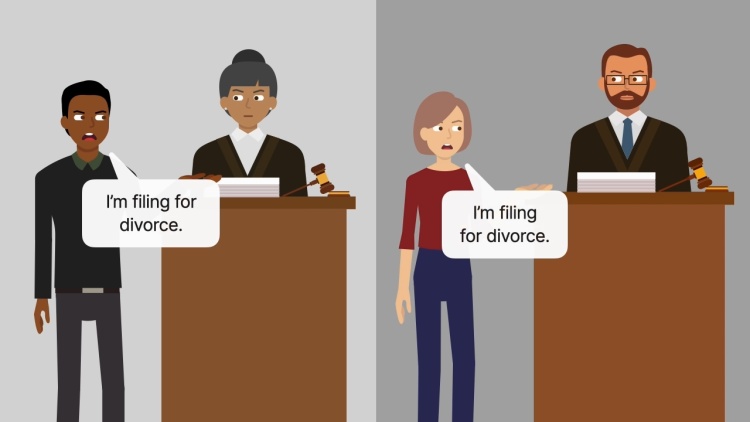Barnette v. McNulty
Arizona Court of Appeals
21 Ariz. App. 127, 516 P.2d 583 (1973)
- Written by Rose VanHofwegen, JD
Facts
Before he died, Wilson Barnette placed stock he owned in his business in trust for his wife, Margaret Barnette (plaintiff). Margaret had worked for the business and had run it while Wilson was hospitalized. Margaret read about how to avoid probate, and Wilson executed a form declaration of trust after he came home. Wilson declared himself trustee of his shares for Margaret. The declaration specified that Wilson could revoke the trust and listed three ways to do so, but it did not say those were the only ways. When marital problems arose, Wilson consulted his attorney James McNulty (defendant) about the problems and his will. Wilson told McNulty the business was his alone as separate property, his efforts created it, Margaret owned no part, and he wanted the business to go to his son. At Wilson’s direction, McNulty prepared a will specifying only Wilson owned the business. Next, Wilson consulted with divorce attorney Fred Talmadge and told him that the couple had separated and that he expected Margaret to file for divorce and try to take his interest in the business, even though it belonged solely to him. Shortly afterward, both parties filed for divorce. Wilson died a week later in the hospital with Margaret at his bedside. Margaret gave the declaration of trust to McNulty as executor of Wilson’s estate, but McNulty said that no trust had been created because Wilson had never transferred the stock to himself as trustee on the corporate books or signed the assignment on the back of the stock certificates. Margaret sued McNulty asserting Wilson placed the stock in trust for her. The trial court ruled for McNulty, and Margaret appealed.
Rule of Law
Issue
Holding and Reasoning (Howard, J.)
What to do next…
Here's why 911,000 law students have relied on our case briefs:
- Written by law professors and practitioners, not other law students. 47,100 briefs, keyed to 997 casebooks. Top-notch customer support.
- The right amount of information, includes the facts, issues, rule of law, holding and reasoning, and any concurrences and dissents.
- Access in your classes, works on your mobile and tablet. Massive library of related video lessons and high quality multiple-choice questions.
- Easy to use, uniform format for every case brief. Written in plain English, not in legalese. Our briefs summarize and simplify; they don’t just repeat the court’s language.





